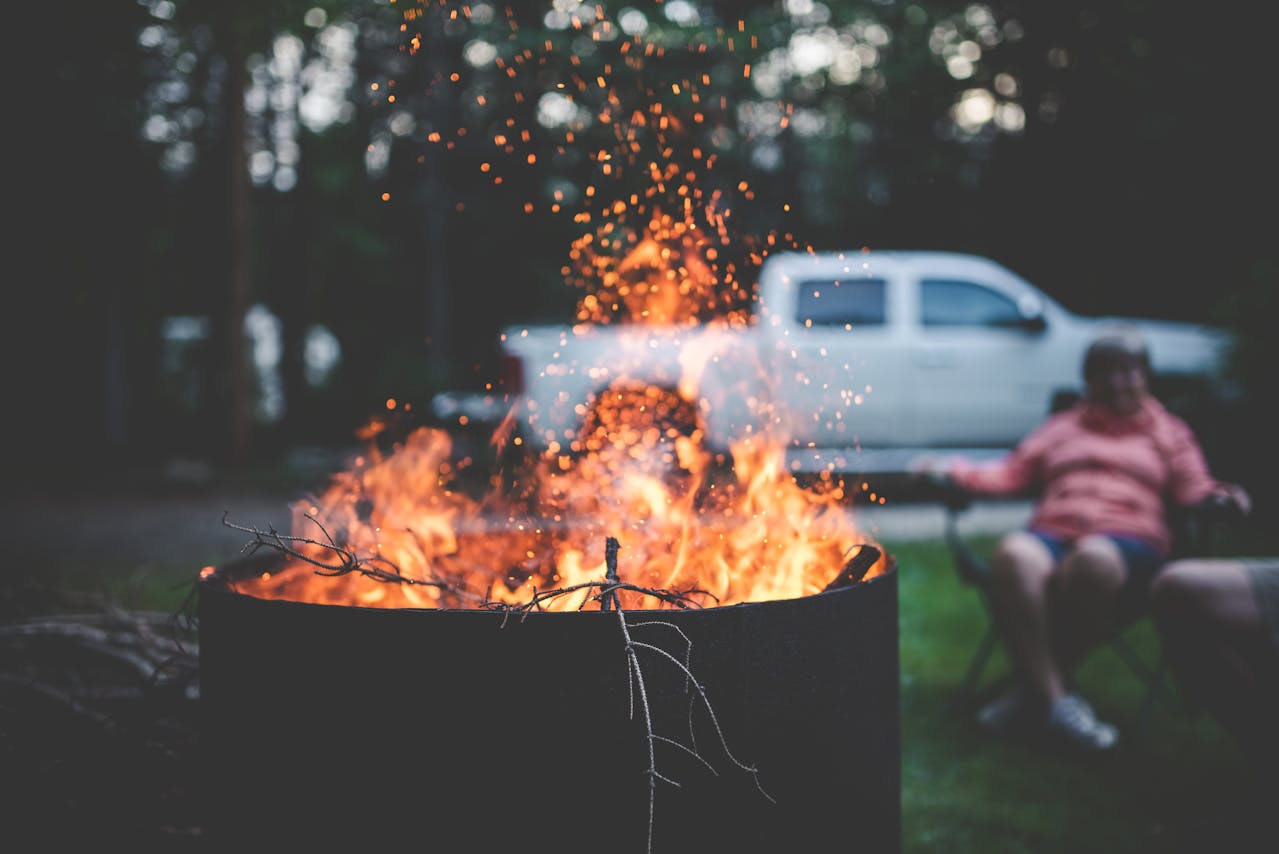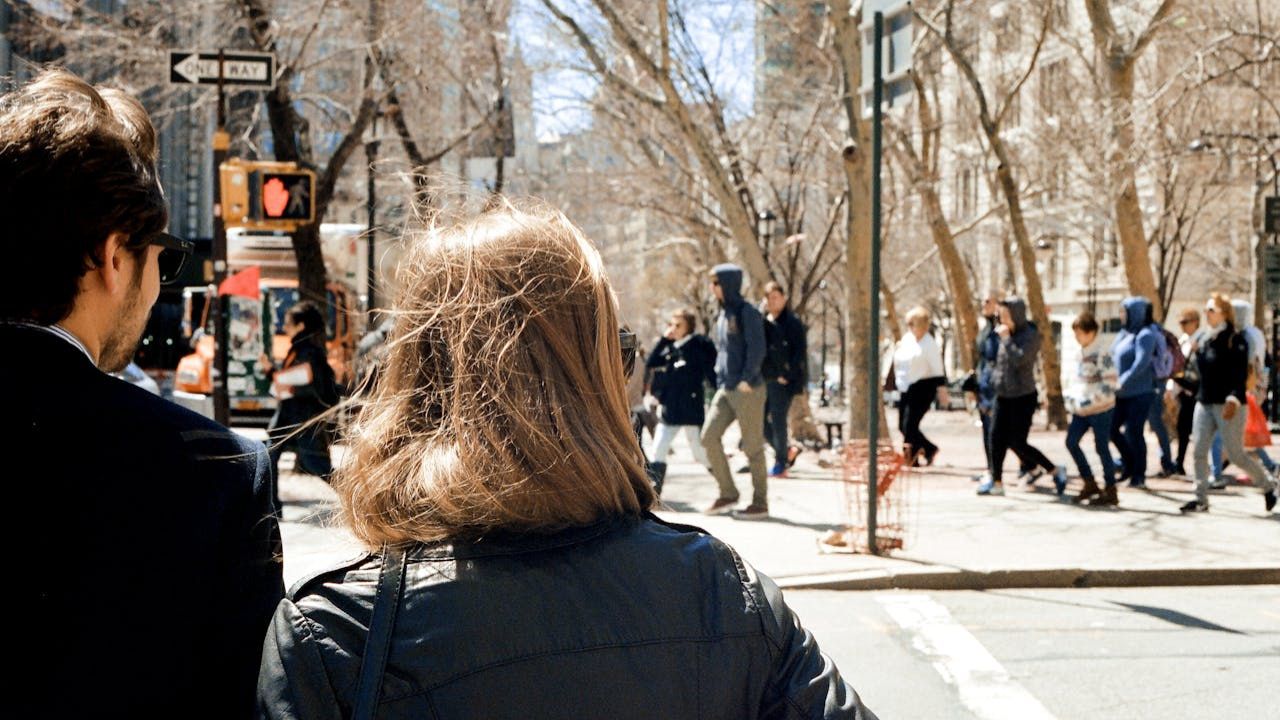Small domestic habits often seem harmless, yet local rules can turn them into fines or formal warnings. Air alerts, privacy laws, and safety standards shape what residents can do on their own property, sometimes in ways that catch people off guard. The intent is usually public health and neighborly respect, not nitpicking. Here is the thing that matters most: knowing the boundary lines. With a little awareness, everyday routines stay easy, lawful, and considerate of the people living just beyond the fence.
Lighting the Fireplace on No Burn Days

Cold nights invite a crackling fire, but some air districts prohibit wood burning on designated alert days to control soot and smoke. Even small fires or outdoor pits may be off limits unless a home lacks permanent heat. Notices arrive by text, email, or simple afternoon forecasts, and enforcement can be real. The goal is cleaner lungs in winter valleys where smoke lingers, protecting children, older adults, and anyone who lives with asthma or heart disease.
Backyard Pet Burials Where Prohibited

Grief often leads families to consider a quiet burial beneath a favorite tree, yet many cities restrict or ban home interment. Rules cite sanitation, soil contamination, and the risk of scavengers uncovering remains. Some jurisdictions require sealed containers, specific depths, or certified services instead. It can feel impersonal during a hard moment, but the public health logic is straightforward. Calling a local shelter, veterinarian, or county office usually reveals respectful options that meet the letter of the law.
Renting an Entire Apartment Short Term in Big Cities
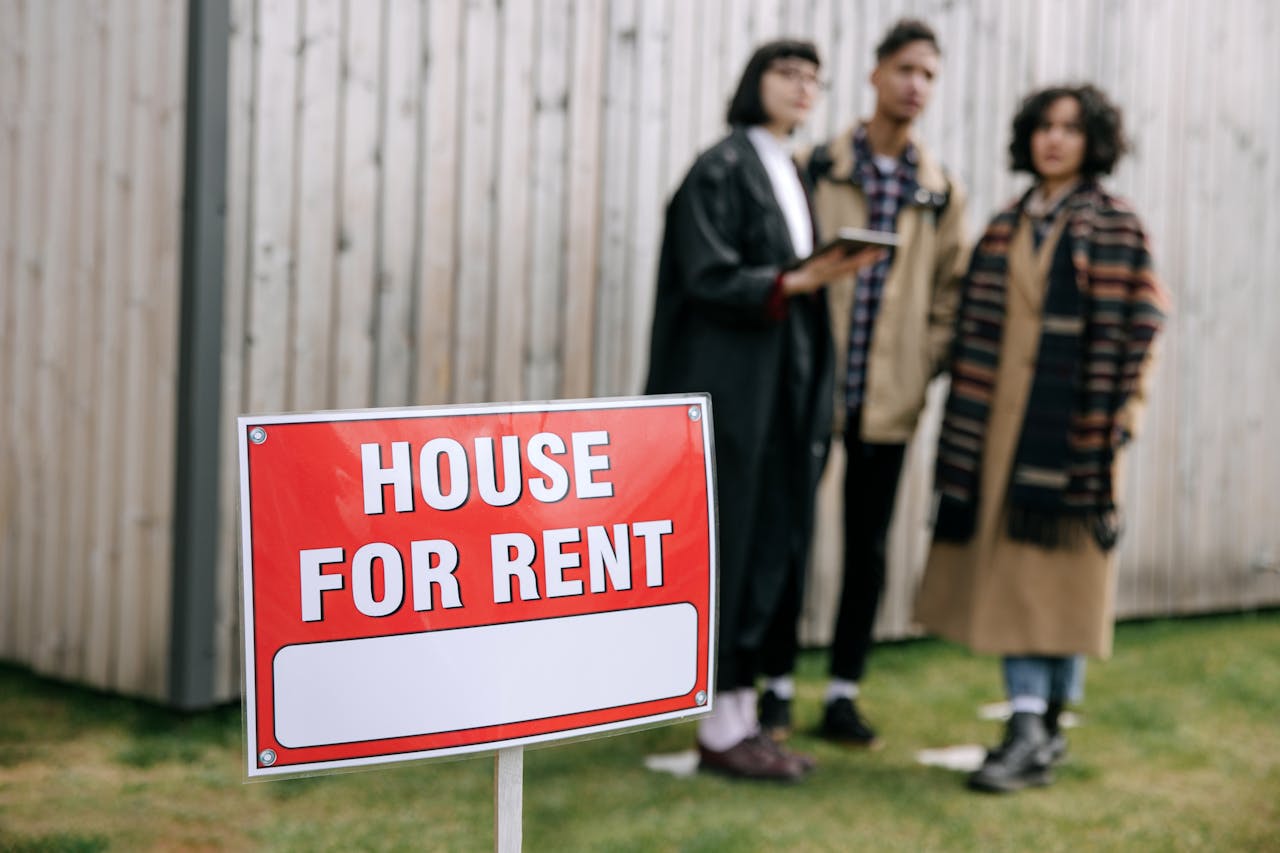
Short term rentals look like easy income until local regulations step in. Several large cities restrict unhosted stays under thirty days, require registration, or demand the resident be present. The reasoning blends safety inspections, tax compliance, and pressure on housing supply. Platforms now face data sharing and listing removals if hosts ignore the rules. For tenants, leases may ban subletting altogether, and violations can trigger penalties or eviction. A quick check saves money, stress, and an awkward hallway conversation.
Setting Off Consumer Fireworks at Home

Fireworks laws change at the state line, then change again at the county border. Many places forbid aerial or explosive devices, and some ban consumer fireworks entirely. The line between legal sparklers and illegal rockets is often the difference between a short glow and an uncontrolled ember soaring over roofs. Beyond fines, violations can void insurance after a fire. Communities draw the boundary to reduce injuries, house fires, and sleepless nights for neighbors and pets who never opted in.
Tossing Batteries or Mercury Bulbs in the Trash
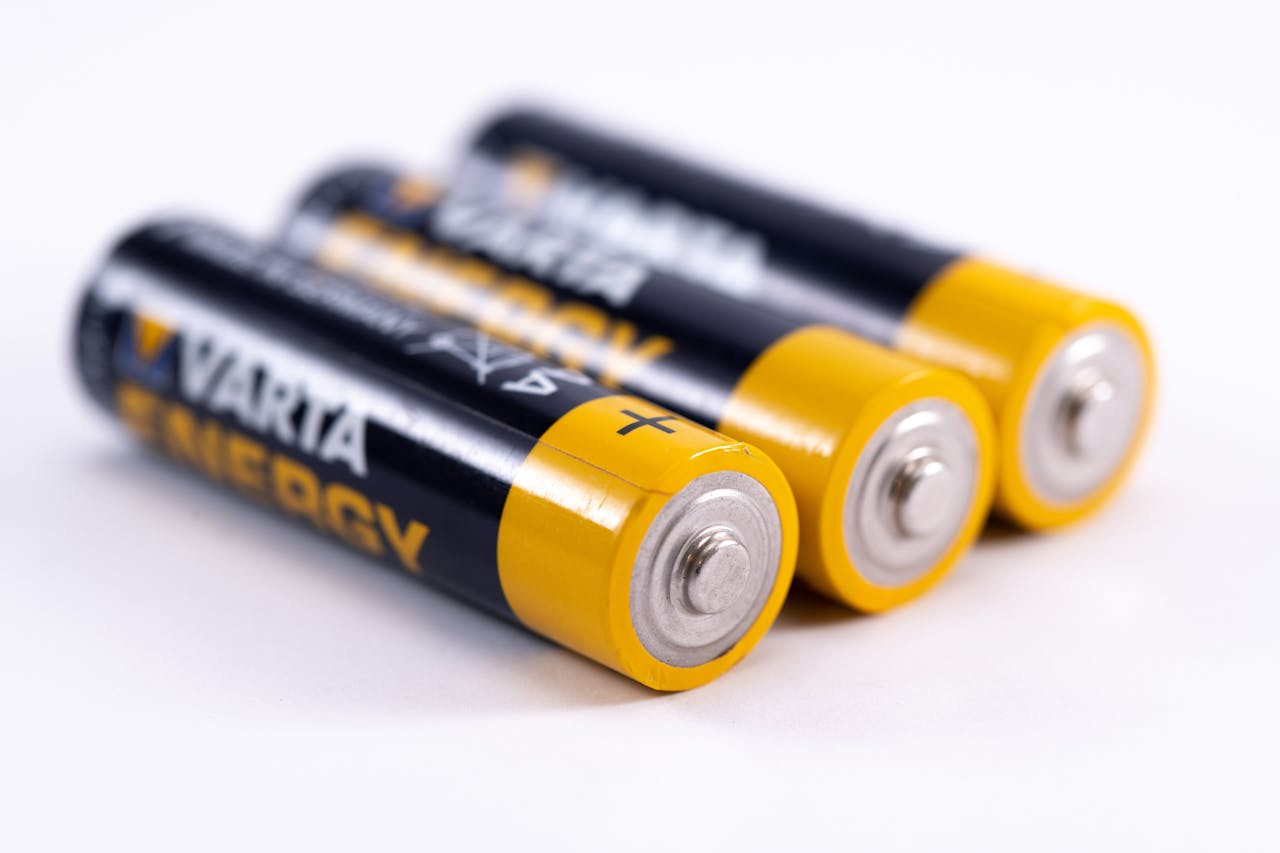
What looks like routine cleanup can be hazardous waste. In several states, residents may not toss household batteries, fluorescent tubes, or other mercury lamps into the regular bin. Transfer stations and trucks have caught fire from battery sparks, and broken lamps release toxins that linger in soil and water. Counties run drop off sites, retailers collect in-store, and some neighborhoods host household hazardous waste days. The slight detour protects sanitation crews, landfills, and the groundwater everyone eventually drinks.
Using Cell, GPS, or Wi Fi Jammers
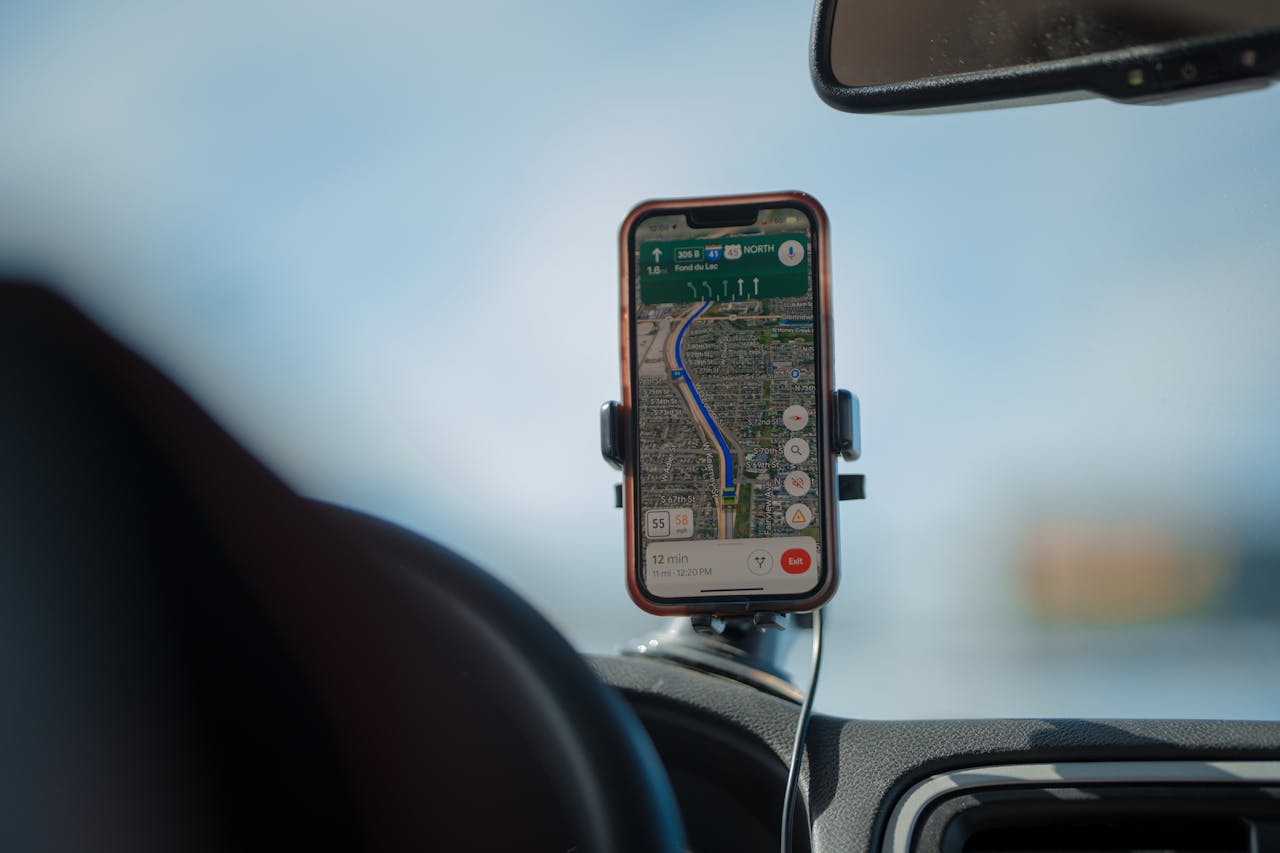
Signal jammers sound like a clever privacy fix, but operating them is illegal under federal law, even at home. These devices do not stop at one wall, and they can disrupt neighbors, emergency calls, or roadside systems that guide responders. The penalties can be steep, with equipment seizures and hefty fines. Most problems that inspire jammers have legal solutions instead, like router settings, parental controls, or simple conversations that set boundaries without shutting down public airwaves.
Secretly Recording Audio in Two Party Consent States

A small recorder on a shelf might seem harmless, but in several states recording a private conversation without consent from everyone involved is a crime. That can include chats with guests, contractors, or domestic workers inside a residence. Context matters, and some areas treat a home as a place where people reasonably expect privacy. The safer approach is clear disclosure that audio is being captured. Consent turns a possible offense into a transparent safety measure that everyone understands.
Hidden Cameras Aimed Into Someone Else’s Home
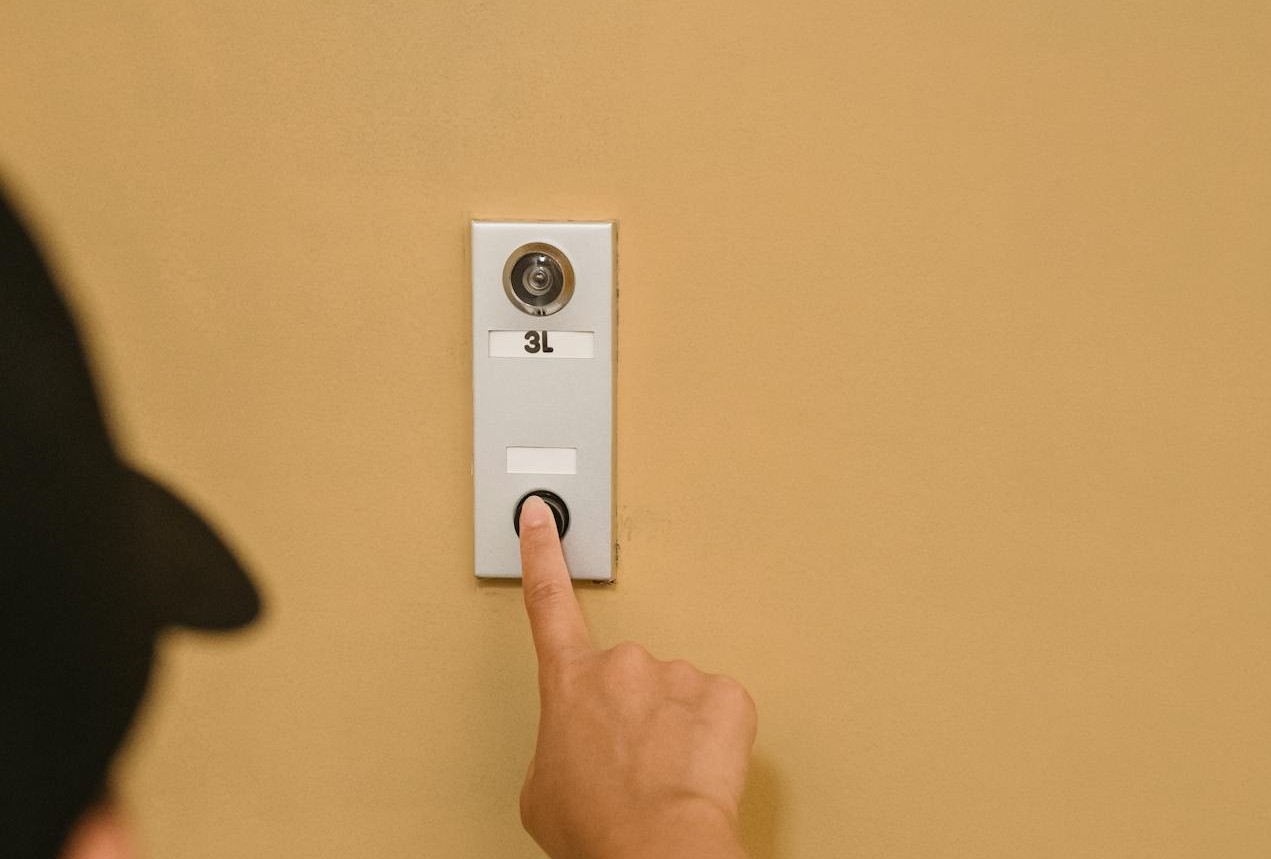
Video rules often go beyond living rooms and front porches. Surreptitious recording can become illegal when a concealed camera captures images inside another residence, even from outside. Windows, curtains, and door gaps create legal risks that many residents overlook. The point is straightforward privacy, not technical debates about focal length. Visible cameras that monitor only a resident’s property, with no interior views of neighbors, usually avoid the trouble. Discretion, signage, and careful placement keep devices within the law.
Burning Yard Waste or Household Trash
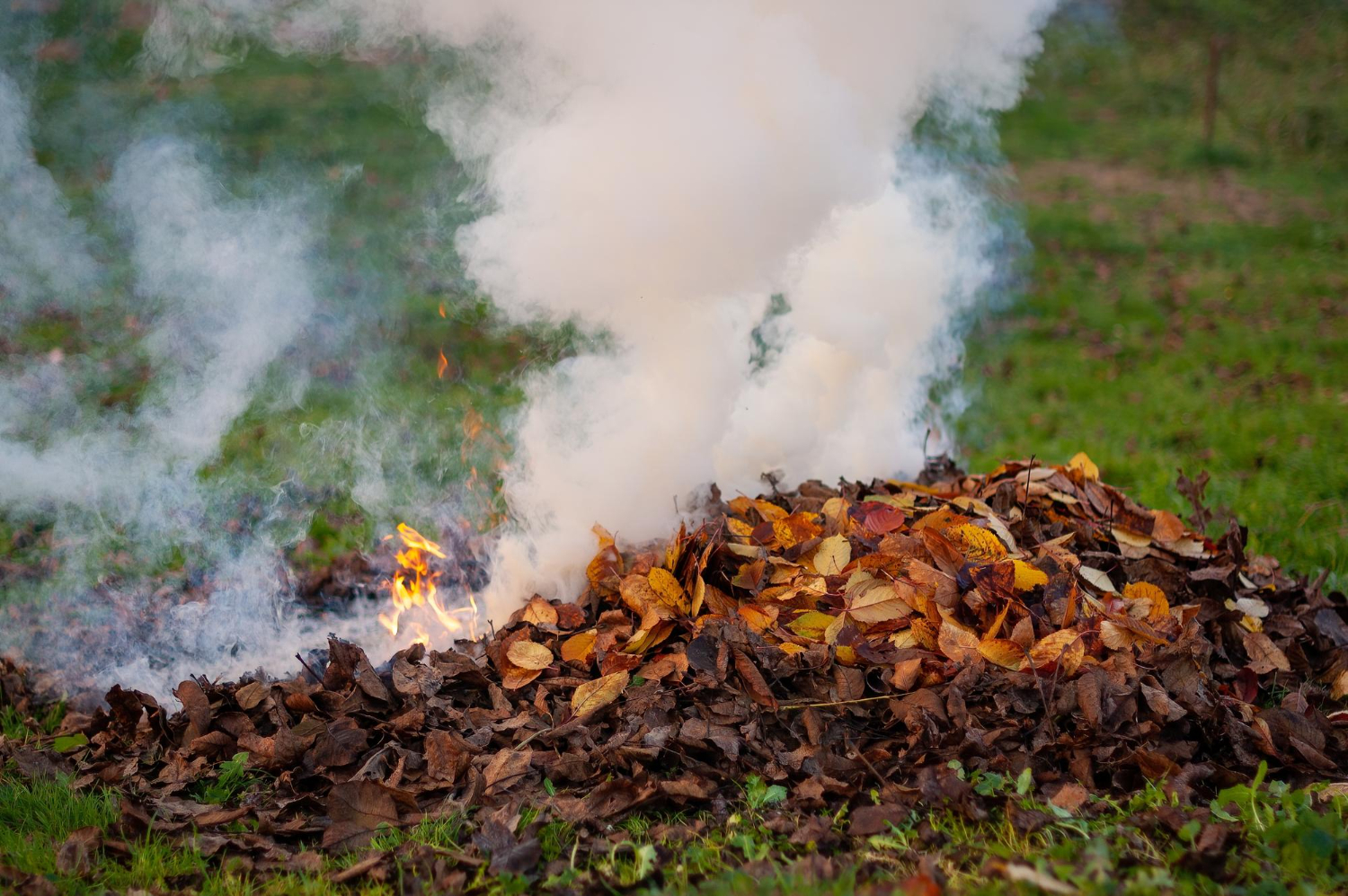
Open burning has deep roots in rural routines, yet many states and counties now restrict it to reduce wildfires and toxic smoke. Household trash, treated wood, and plastics are commonly prohibited because of harmful fumes and flying embers. Seasonal bans appear each spring when brush is dry, and permits may be required even for small piles. Alternatives include curbside pickup, composting leaves, and community green waste drop offs that prevent sparks from becoming late night sirens.
Growing Cannabis Where Home Grow Is Not Allowed

Legalization did not create a single national rule. Some states allow limited home cultivation, others permit only medical grows, and several ban personal plants entirely. Limits can include plant counts, locked enclosures, and out of public view requirements. Landlords and condo boards may forbid any cultivation regardless of state law. Violations bring fines, forfeiture, or worse if sales are suspected. Residents who assume a friend’s policy applies next door often learn the hard way that it does not.
Disposing of Used Medical Sharps in Household Trash

At home health care often includes syringes or lancets, and tossing them in a kitchen bin can be illegal as well as dangerous. Sanitation workers and sorters risk needle sticks that lead to costly testing and stress. Many states require sharps to go into approved containers with drop off points at pharmacies, clinics, or public health offices. Mail back programs and kiosk sites make the process easier. Safe disposal protects workers, preserves equipment, and keeps public spaces free of hazards.
